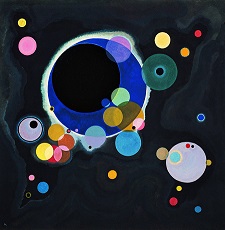Una ridiscussione dei concetti di home e identity nell’Asia globalizzata: il caso di These Foolish Things (2004) e How to Get Filthy Rich in Rising Asia (2013)
DOI:
https://doi.org/10.13130/2035-7680/9675Parole chiave:
Asia, confini, globalizzazione, home, identity, letteraturaAbstract
The evolution of postcolonial studies in the last thirty years and the development of a transnational approach in literary studies (Jay 2010) have led to a renewed interest towards the subaltern voices, especially in relation to the phenomena of migration and diaspora and their global effects. In this light, the idea of 'home' is characterized by a sort of porosity and by a new geographical and emotional conceptualization which inevitably influences the personal and collective identities of migrant communities.
The aim of the paper is to analyze these topics from a cultural and literary standpoint through the examination of the two different kinds of migrant flows and postcolonial scenarios depicted in These Foolish Things (2004) by the English author Deborah Moggach, and How to Get Filthy Rich in Rising Asia (2013) by the Pakistan novelist Mohsin Hamid. In these novels, the chaotic Indian framework – the former margin of the British empire – is torn between its colonial past and the current effects of the permeability of its borders. It is, therefore, a perfect global context, wherein the experiences and the feelings of the modern Indian identities are reinterpreted by the two authors.




